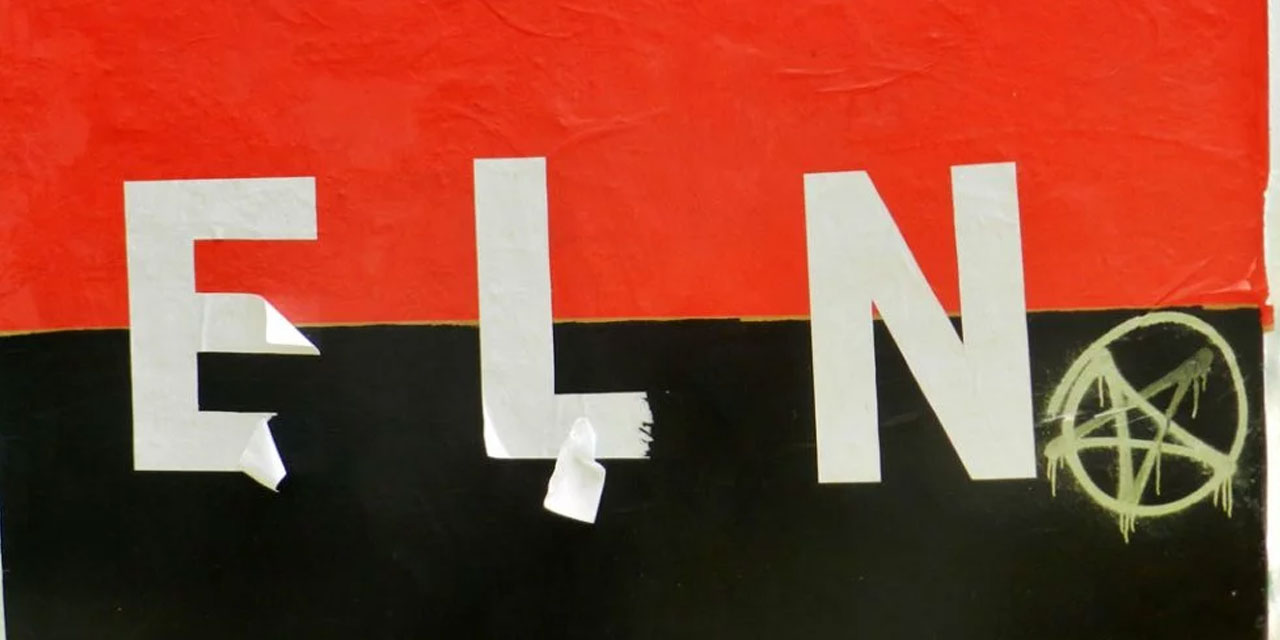Colombia’s government and the Marxist-inspired ELN rebels resumed on talks on Monday to try to agree on an indefinite ceasefire before a new president takes office in August.
The government’s chief negotiator, former Vice-President Gustavo Bell, said to be optimistic the warring parties could make progress in the Ecuadorean capital of Quito.
“We can, in the next few months, make progress on the agenda. The climate with which this fifth cycle began is quite cordial and we were able to agree on a methodology to address the ceasefire and the first point of the agenda,” said Gustavo Bell in an interview with El Tiempo newspaper.
President Juan Manuel Santos called a halt to the negotiations on January 29 after a spate of attacks by the rebels along the coast, however, international pressure has been high.
Chances are that Ivan Duque, the “puppet” of hard-right former President Alvaro Uribe is elected. Duque has urged to resume hostilities with the Marxist guerrillas.
Santos instructed Bell to return to Quito to resume the fifth round of talks on March 12 in the hope of securing a ceasefire after a previous deal had not been renewed following its expiry on January 9.
“Since the bilateral ceasefire ended, there have been too many deaths on both sides, too many wounded, too many victims,” said Santos following his decision to renew the talks.
According to Bell, the ELN must “commit itself to not attacking civil infrastructure, not making landmines, not recruiting minors, not detaining people, not extorting.”
The ELN demands that the government takes action to stop the ongoing killings of social and community leaders and that a serious intervention is made to stop the influence of paramilitary groups.
The talks, which officially began in March of last year have been plagued by mutual mistrust.
The government has denounced the guerrilla violence and the rebels have slammed the government’s failure to protect social leader, many of whom are engaged in a peace process with the FARC, which demobilized 14,000 guerrillas last year.
The ELN and the FARC took up arms in 1964 in order to overthrow the state.
The FARC agreed to peace last year and has been involved in a peace process since then. This process has, however been marred by violence and government failures to meet its commitments.
Agreement with the much smaller ELN would remove the last of traditional illegal armed actors from a drug-fueled armed conflict of more than half a century.


